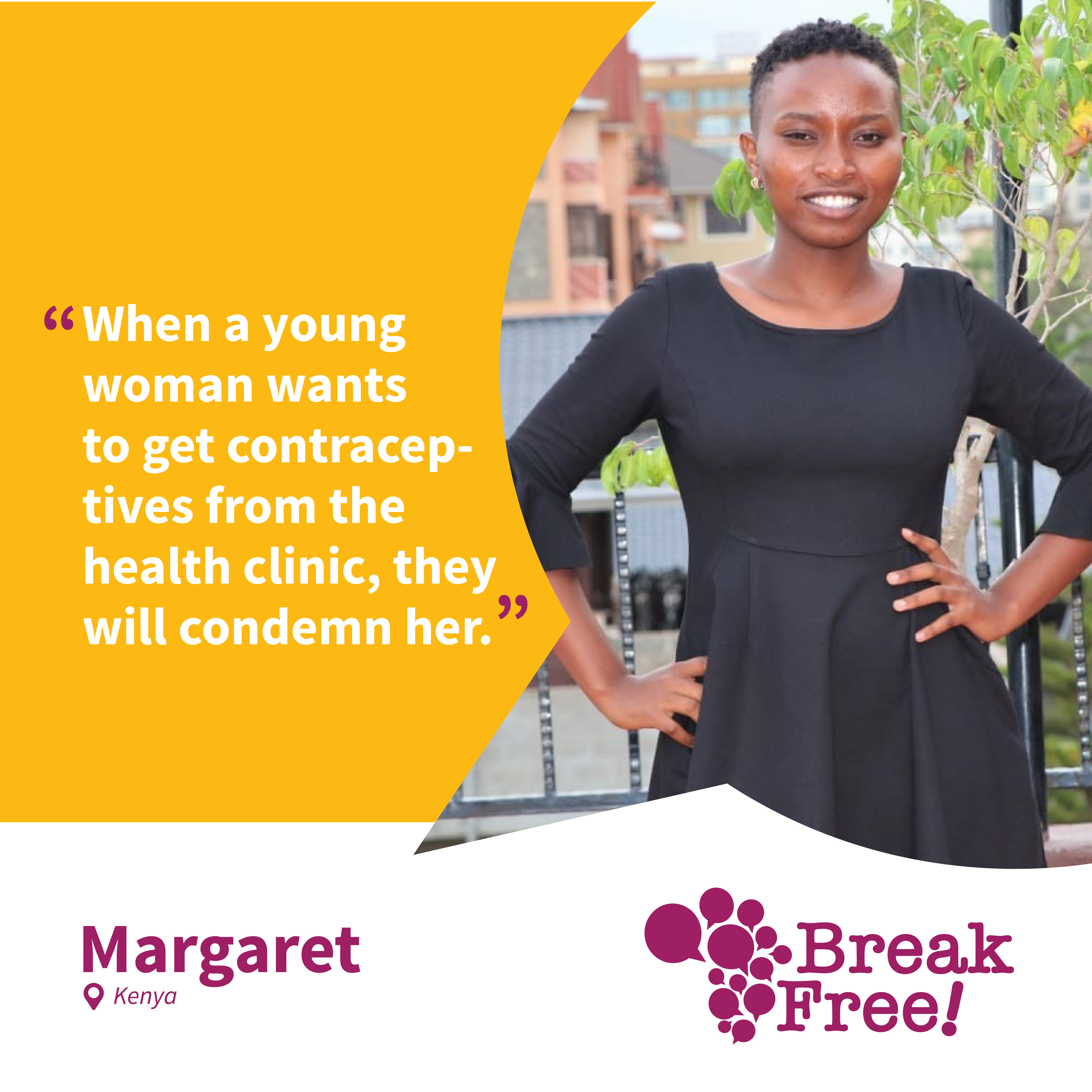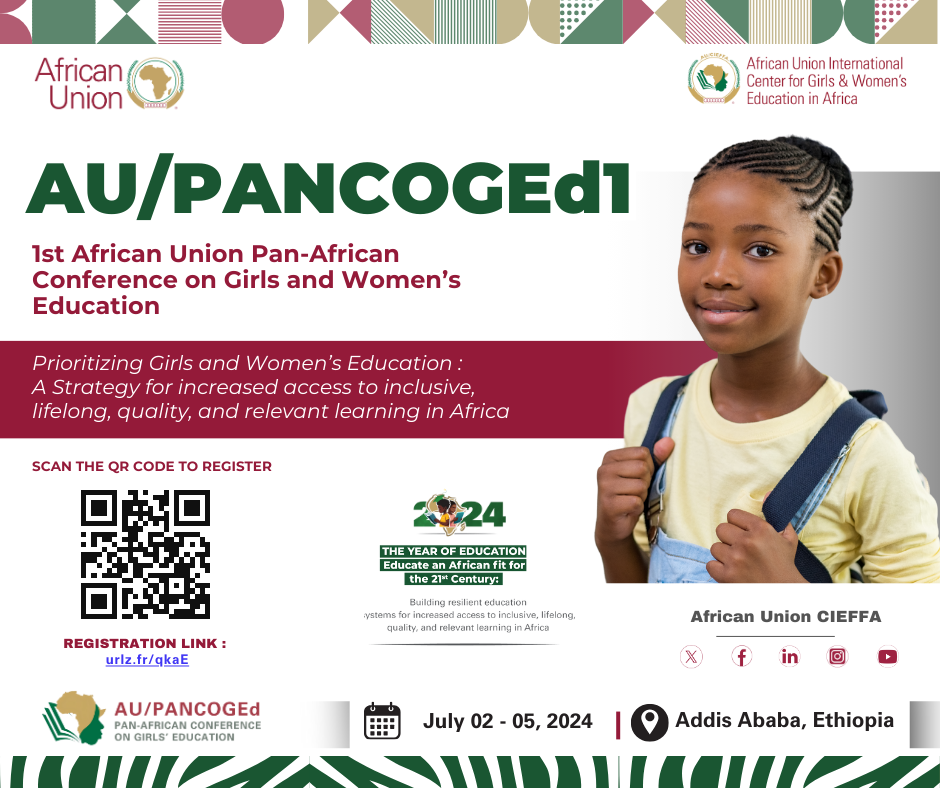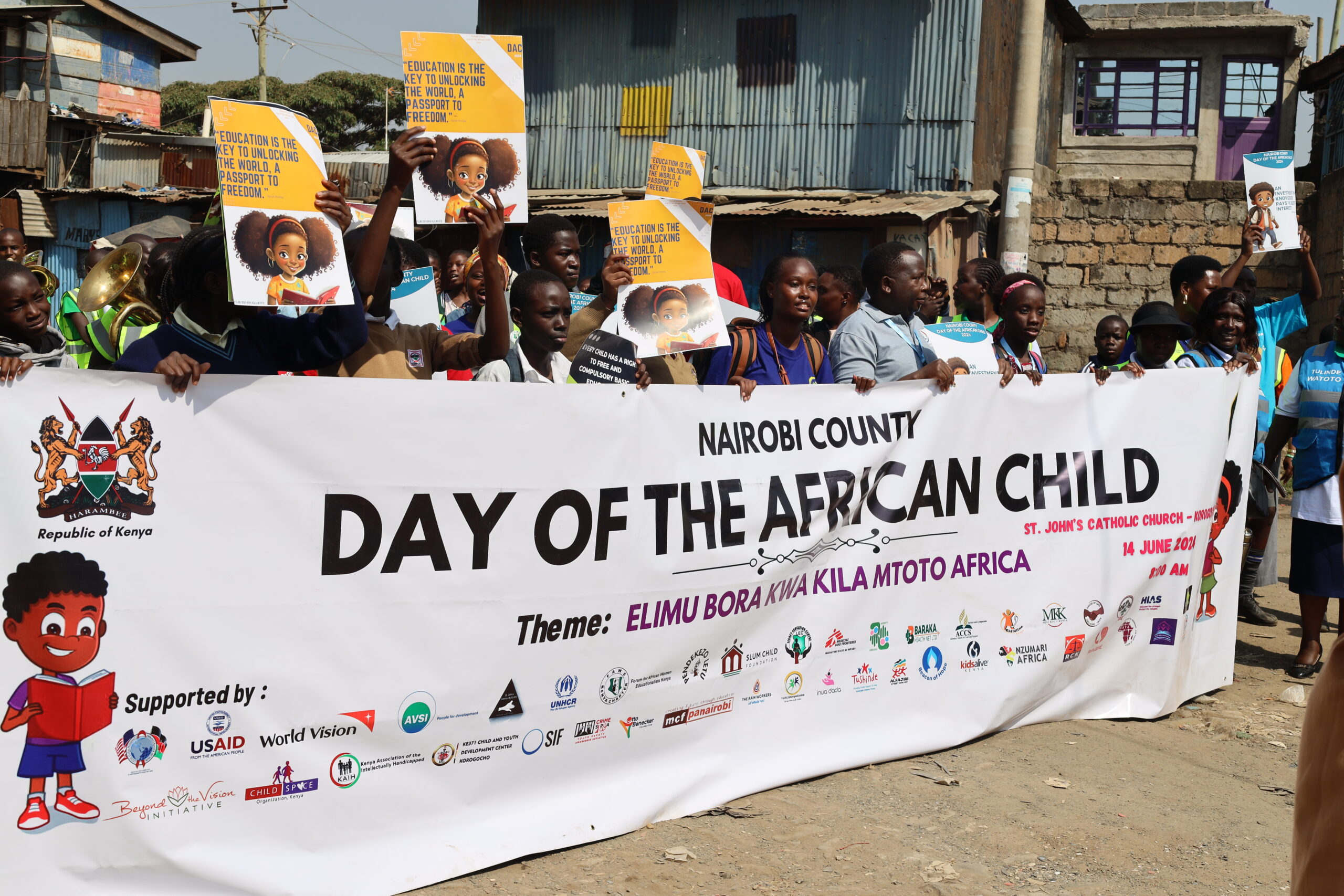Child marriage, female genital mutilation, sexual abuse. 22-year-old Margaret from Kenya sees the consequences of this in her environment every day. That is why, as a youth activist, she is committed to the rights of girls. Especially when it comes to their sexual health and the right to make their own decisions about their bodies, relationships and lives.
Sexual and reproductive health and rights are not high on the agenda in Kenya, Margaret says. “It is not taken seriously. If you come to a health center as a young women and ask for contraception, you are criticized. The health workers condemn you for it. And on top of that, sexual and reproductive health care is very expensive. Many young women, especially in rural areas, cannot afford that care.”
Rights
There is also a world to be gained in terms of rights. For example, while there are laws in Kenya that protect girls from sexual violence, their enforcement often leaves much to be desired. “If a girl is raped, the case often does get to enforcement. But there is a lot of corruption. Perpetrators bribe judges and therefore often go free. So for girls, the situation remains very unsafe. And on top of that, they also get blamed for what happened and are then looked down on by friends and family. Especially if the perpetrators themselves are also family members, which unfortunately happens very often.”
On the barricade
The fact that she faced this so often in her environment is also the reason Margaret decided to go to the barricades and speak out as a youth activist for the rights of young people and especially girls. “In our legal system there is a great inequality,” she says. “Young people who cross the line are punished severely, but when a major crime occurs, such as rape, it is covered up. And when you’re rich, you can buy off a lot.”
The difference is particularly noticeable in rural areas, Margaret says, citing a recent law as an example. “The government has figured out that all school fees must be paid through an online platform. In itself, of course, this is not wrong, but it does not take into account that many people in rural areas do not have the money to buy a smartphone. They often paid for school with goods like maize or firewood. If that is no longer possible, then they cannot send their daughters to school. That is not taken into account.”
Great successes
Although there is still a long way to go, Margaret has already achieved some great successes as a youth activist. “I set up my own organization, Her Dignity Her Pride, through which I work to stop child marriage, female genital mutilation, teenage pregnancy and sexual abuse in Kajiado. In that, we also include leadership and lobbying. Many girls and women do not know their rights, so it is important to talk to them about this. For example, we provide sex education and teach them how to protect themselves from pregnancy and sexually transmitted diseases. Also, many of these rural areas are severely affected by climate change. The resulting poverty in many cases leads to more child marriages. From the dowry that parents and caregivers receive for their young daughters, they can send their sons back to school. That’s why we are also committed to making women more financially independent so they can earn their own money, even when climate change threatens agriculture and animal husbandry.”
President’s support
She also provided input for a youth manifesto that was presented to the president of Kenya. And with success. “The president included seventy percent of our ideas in his own manifesto. If he keeps his word, most of our goals will be achieved.”
Margaret is involved in the Break Free! program which FAWE is a consortium member as a youth activist. “The program gives me the opportunity to work with other youth activists from across Africa and to put our ideas on the map. It is a safe place where young people can voice their concerns about their sexual health and rights. Their experiences inspire me to once again take the stage and continue to lobby for better legislation in Kenya. Ultimately, I want young people to always be at the table to have a say in important decisions. So that decision makers actually see the human being behind the problem.”
Gender Is My Agenda
From February 13 to 15, Margaret is attending the Gender Is My Agenda (GIMAC) pre-summit in Addis Ababa, Ethiopia. This is where women from a variety of African countries and their allies come together to stand up for their rights and amplify the voices of girls and women. Margaret is moderating a session on the importance of education during a lobbying session. The session will collect key recommendations from young people on education, which will then be presented at the African Union summit on February 17 and 18.
Break Free! is a five-year program (2021-2025) by Plan International, SRHR Africa Trust (SAT) and Forum for African Women Educationalists (FAWE) and in strategic partnership with the Ministry of Foreign Affairs. We also work closely with Rozaria Memorial Trust and the KIT Royal Tropical Institute. Together with young people and local youth organizations, we are committed to the prevention of child marriage and teenage pregnancy and the sexual and reproductive health and rights of young people. The program is implemented in nine African countries: Burkina Faso, Ethiopia, Kenya, Malawi, Mali, Mozambique, Niger, Sudan and Zambia.






Leave A Comment